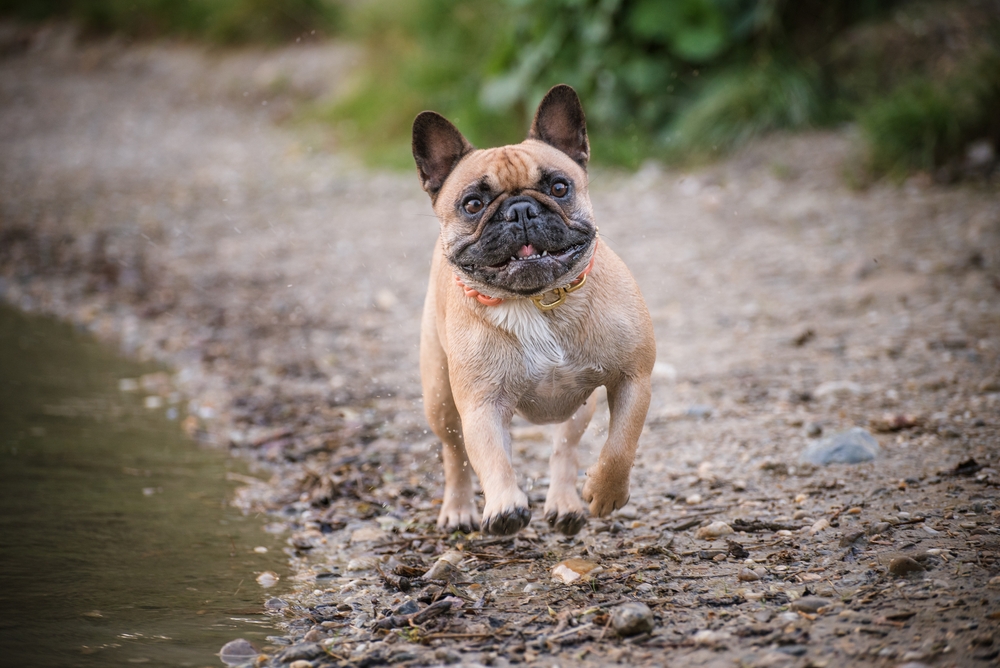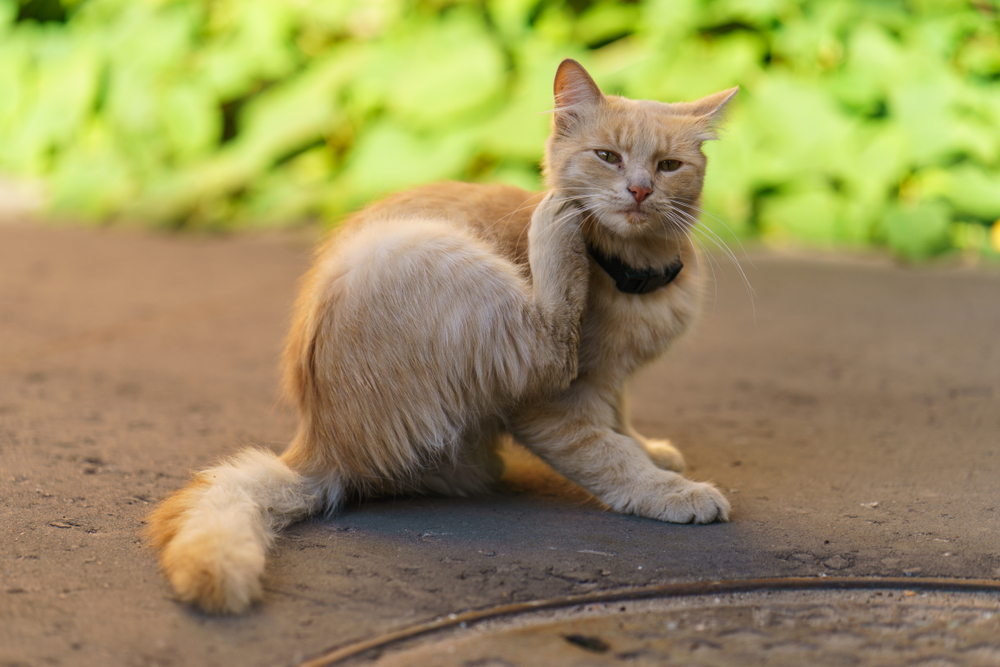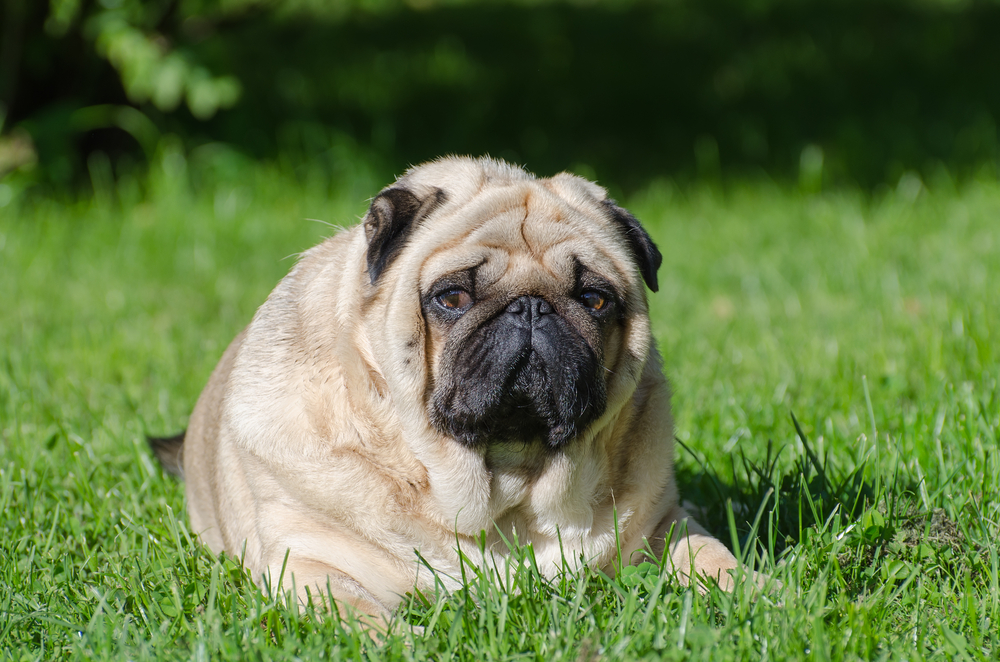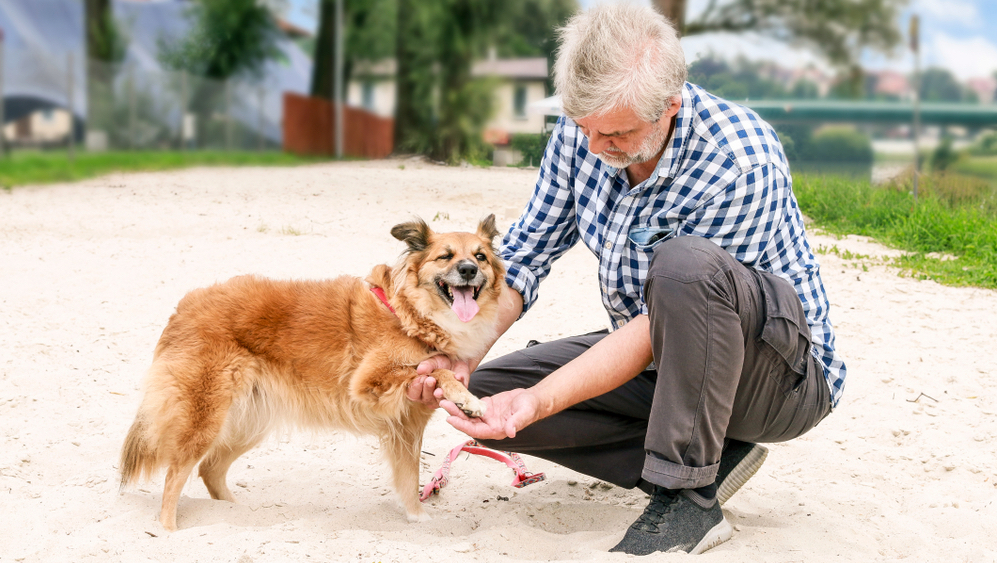Mysterious Summer Illnesses: How to Spot Early Signs of Heatstroke, Dehydration & Overexertion

Heatstroke: More Than Just Heavy Panting
Watch For:
– Glazed eyes or anxious behavior during rest
– Excessive drooling, especially from pets who don’t normally drool
– Wobbly gait or uncharacteristic stumbling
– Bright red or very pale gums
What You Can Do:
• Cool them gradually: use lukewarm water on paws and belly (not ice-cold).
• Offer water, but don’t force them to drink.
• Avoid car rides with no AC — even short ones.
• Call your vet immediately if symptoms escalate.
Dehydration: The Silent Summer Threat
Watch For:
– Tacky or sticky gums
– Sunken eyes or lethargy
– Skin that doesn’t quickly return to place after a gentle pinch
– Decreased appetite or unusually small urine output
What You Can Do:
• Add water to kibble or offer chilled low-sodium broth
• Provide shaded areas and fresh water bowls in multiple locations
• Consider electrolyte supplements (safe for pets) — ask your vet first
Overexertion: Not Just a Problem for Senior Pets
Watch For:
– Delayed soreness or stiffness a few hours after play
– Slower recovery of breathing post-activity
– Reluctance to jump or climb stairs the next day
– Unusual vocalizations when standing up
What You Can Do:
• Schedule rest breaks during activities — 10 minutes every 30 minutes
• Rotate between play and puzzle toys that stimulate the mind
• Know your breed’s limits — brachycephalic dogs like Frenchies and
• Bulldogs are more prone to overheating and fatigue

Remember: Not All Summer Symptoms Have a Clear Cause
Book a Summer Wellness Exam at Akeso Veterinary Clinic Today!
Call us at (724)514-6858 or send us a message online by filling out our Contact Form.














